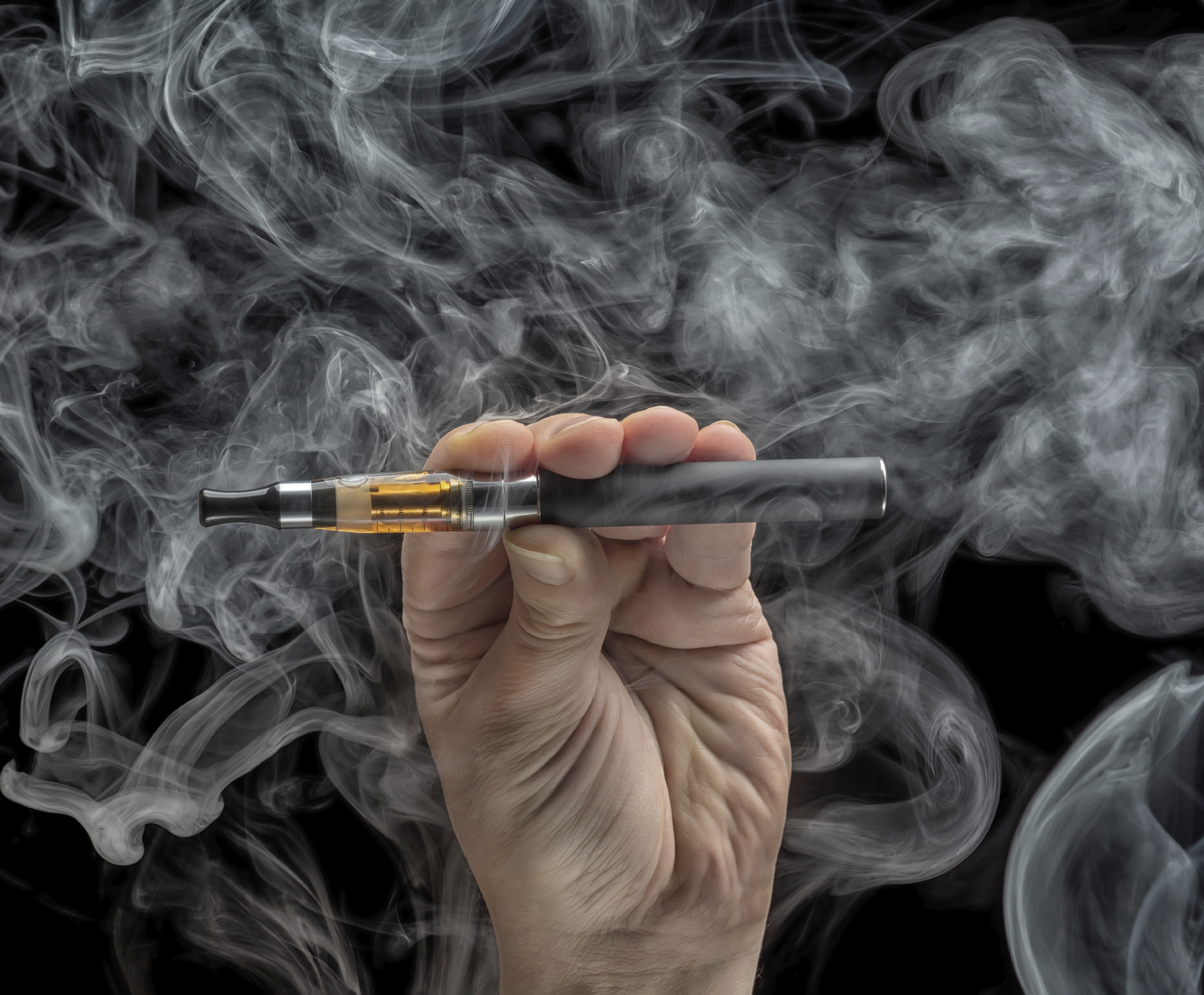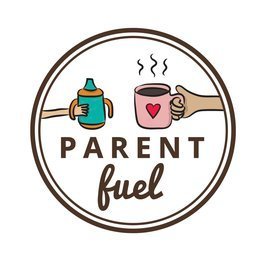
Last year, 3 million tweens and teens used e-cigarettes, according to the Centers for Disease Control and Prevention (CDC), with e-cigarette use tripling among middle and high school students from 2013 to 2014.
Rising numbers like these are why many health professionals applauded the May 5 news that the U.S. Food and Drug Administration (FDA) will soon regulate e-cigarettes, cigars and hookahs the same way they regulate traditional cigarettes. That means people under age 18 won’t be able to purchase these products in the U.S. and the products will have to be sold in child-resistant packages.
As of publication, it's unclear when the new rule will go into effect as, according to CNN, “companies will need time to comply.”
For those wondering what exactly an “e-cigarette” is, it’s one type of Electronic Nicotine Delivery Systems (ENDS). ENDS includes vaporizers, vape pens, hookah pens and e-pipes. All use nicotine-laced liquid along with various flavoring that users heat and inhale, also known as vaping. Proponents say vaping is less dangerous than traditional smoking, but is it really?
“E-cigarettes allow a user to ingest nicotine without the components of tar and other carcinogens found in traditional cigarettes. This decreases exposure to some chemicals that can lead to cancer, but nicotine is still being consumed,” says Dr. Yolanda N. Evans, an adolescent medicine specialist at Seattle Children's Hospital. And nicotine, as we all know, is bad news.
Teens who used e-cigarettes were more than three times as likely to smoke traditional cigarettes within 12 months
“Nicotine is not safe for the body,” says Evans. “Unfortunately, teens may think using e-cigarettes is completely safe when that is not the case.” They may be safer than traditional cigarettes, she notes, but that doesn't make them safe particularly since once you're addicted to nicotine, it's easier to seek it out in other forms, including traditional cigarettes.
Science backs that up: 2016 research from the University of Hawaii found that teens who used e-cigarettes were more than three times as likely to smoke traditional cigarettes within 12 months.
So no surprise then that the FDA’s announcement received praise from the likes of the American Lung Association and the American Academy of Pediatrics (AAP). “Today’s action marks an historic step forward in helping to alleviate the threat of lifelong nicotine addiction for our youth,” said AAP president Dr. Benard Dreyer.
Of course, laws can only do so much to curb drug use. “Talk to your kids about what e-cigarettes contain and that it is harmful,” says Evans. “Though intended to help people quit smoking, if you weren't a smoker to begin with, it could do exactly the opposite.”











